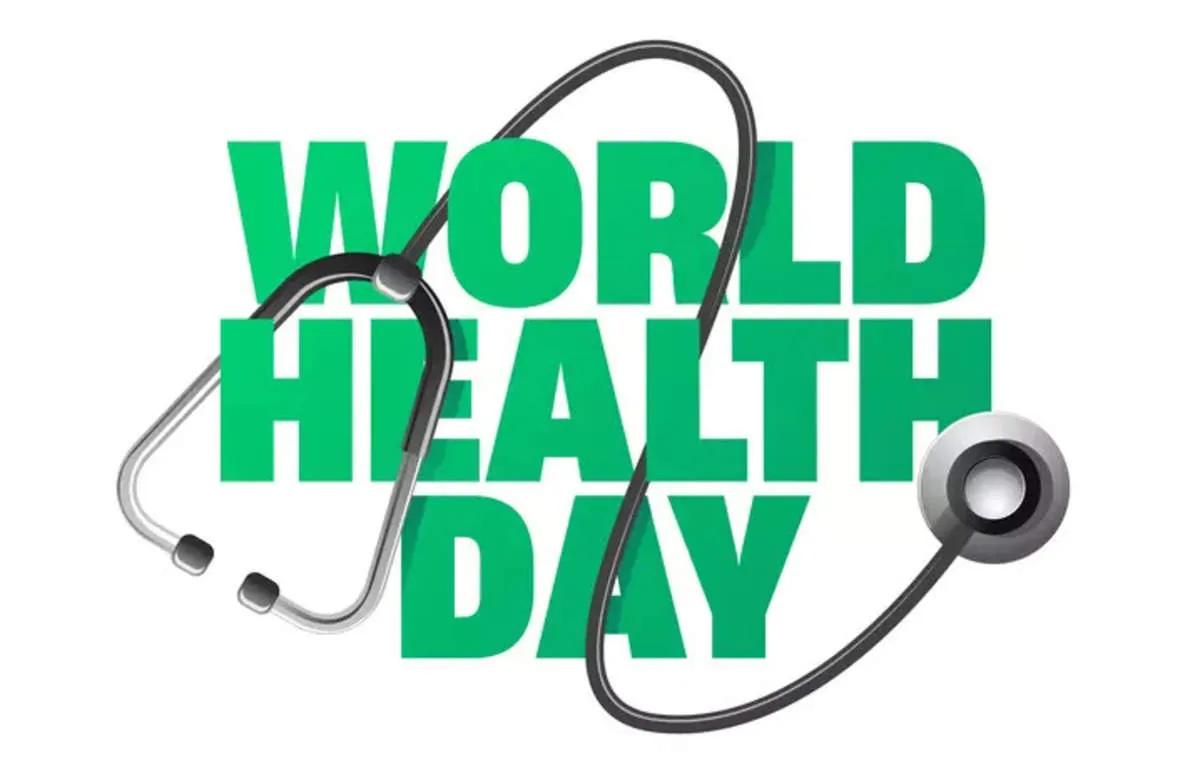World Health Day 2025: A Focus on Women's Health and Safer Pregnancies

World Health Day 2025: A Focus on Women's Health and Safer Pregnancies
As we approach World Health Day 2025, the spotlight is on critical aspects of public health: safe pregnancies, breast cancer awareness, and maternal health. This year’s theme, ‘Healthy Beginnings, Hopeful Futures’, underscores the urgent need to enhance women’s health systems.
The Importance of Safe Pregnancies
Experts warn about the rising rates of caesarean sections performed without medical necessity. Normal deliveries, deemed safer, should be prioritized. Dr. Vinoad Bharrati advocates for viewing childbirth as a respectful, personal experience that deserves proper support systems.
- Pregnancy complications result in nearly three lakh women’s deaths each year.
- Approximately two million newborns die within the first month of life.
Substantial changes in antenatal care, nutrition, and emotional readiness can make childbirth significantly safer. Postnatal care is equally vital, as issues like postpartum hemorrhage remain significant causes of maternal mortality. Strengthening neonatal care is another pressing priority.
Breast Cancer Awareness in Pregnancy
Women’s health challenges extend to alarming breast cancer statistics. Dr. Namrata A. Singal Sawant illustrates that in India, a woman is diagnosed with breast cancer every four minutes. Early detection is critical. Many women dismiss breast lumps during pregnancy; awareness and accessibility to screening programs are essential.
With advancements in medical treatment, many women can safely address cancer without compromising their pregnancy. Collaborative efforts, such as those by Dr. Sawant and Fujifilm India, aim to broaden screening for underserved populations.
Collective Action for Healthier Generations
This World Health Day, experts stress that maternal health and women's health should be seen as interconnected issues. Emphasizing efforts from safely ensuring childbirth to advocating for early cancer detection sets a solid foundation for healthier futures.
This article was prepared using information from open sources in accordance with the principles of Ethical Policy. The editorial team is not responsible for absolute accuracy, as it relies on data from the sources referenced.